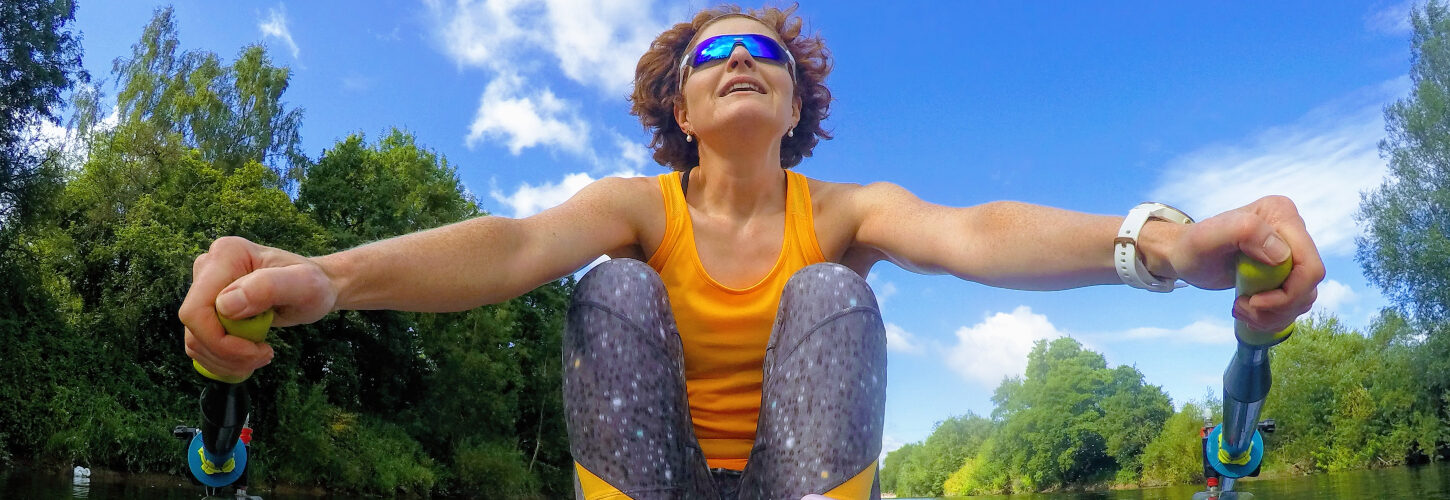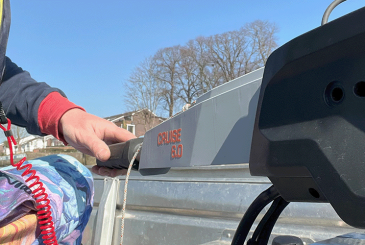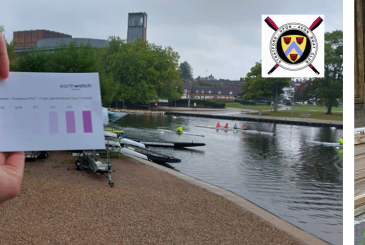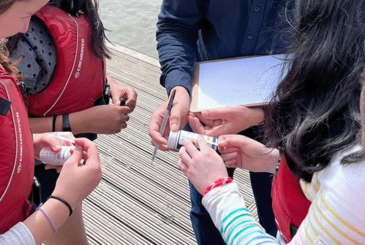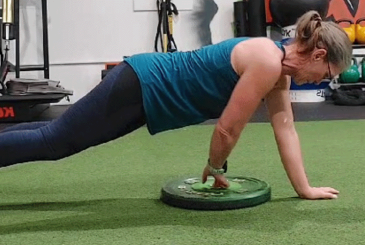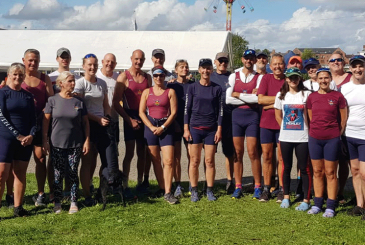It’s World Mental Health Day on Saturday so award-winning blogger and journalist, Patricia Carswell, shares her reasons to be cheerful
If you’re finding life a bit dispiriting right now, it’s hardly surprising. With talk of the pandemic lasting well beyond 2020, social media full of sound and fury and little prospect of hugging our friends any time soon, even the cheeriest soul can be forgiven for lapsing into disillusionment.
“Our sport is the most incredible therapy – even (and this is key) if we can’t row in crews or get out on the water at all”
But before you despair, remember that you have one huge advantage – you’re a rower.
If I learned one thing from my run-in with cancer, it is the ability of rowing to bring healing. Our sport is the most incredible therapy – even (and this is key) if we can’t row in crews or get out on the water at all.
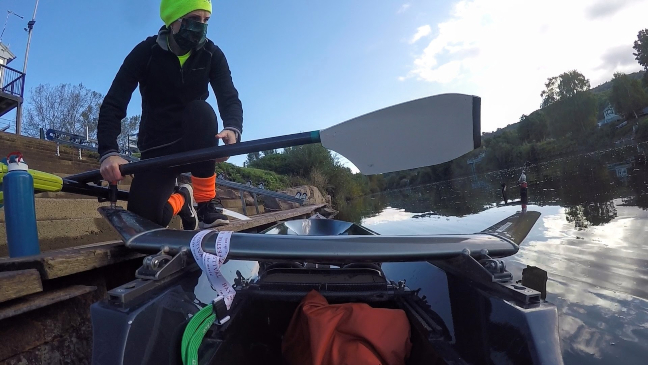
The meditative power of the single
At the time of writing, those of us in Wales are still confined to single sculls. Much as I miss the craic of rowing with my pals, there’s something uniquely soothing about an outing in a single.
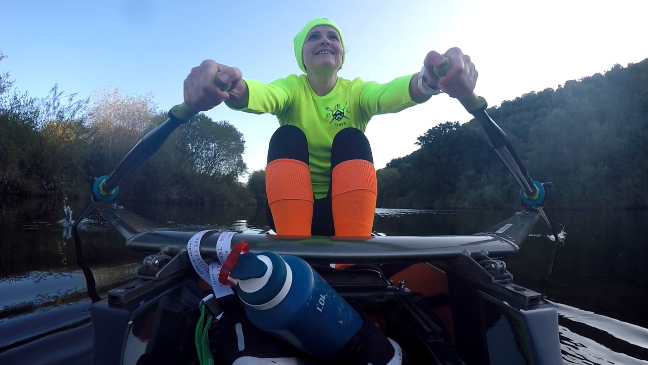
When it’s just you in the crew, before long your awareness narrows down to the swish of the blades, the rhythmic clunk of oar against gate, the glint of light on water and the gentle surge of the shell through the water. Stroke after stroke, your mind unfurls and your racing thoughts slow down. It’s the most powerful form of meditation I’ve ever encountered.
But what if you don’t have access to a single, or you’re not confident enough to take to the water without a shipmate? Or what if (please no) you’re back in lockdown? Take heart – rowing can still help.
“The research shows that being near water can help with everything from PTSD to confidence issues”
Your happy place
Even if you can’t get out in a boat, a walk along your beloved stretch of river or sea will do wonders for your spirits. You don’t need to be in a boat to appreciate the heron’s ungainly magnificence or spot the flash of cobalt blue from a kingfisher (and hey, if you’re walking, nobody can tell you off for letting your eyes stray from the boat).
There’s some pretty exciting early research coming out of the University of Exeter about the mental health benefits of spending time in “blue spaces”. The research shows that being near water can help with everything from PTSD to confidence issues. Of course, we rowers knew this already, but it’s nice to have science confirm it.
“Follow people who post footage of boats gliding on glassy water instead of angry strangers ranting about the pandemic”
Best friends forever
If all else fails, turn to your rowing buddies. In the darkest hours of my cancer treatment, it was my shipmates who lifted my mood and got me laughing with their irreverent take on life (only a rower would refer to chemo as a spa day).
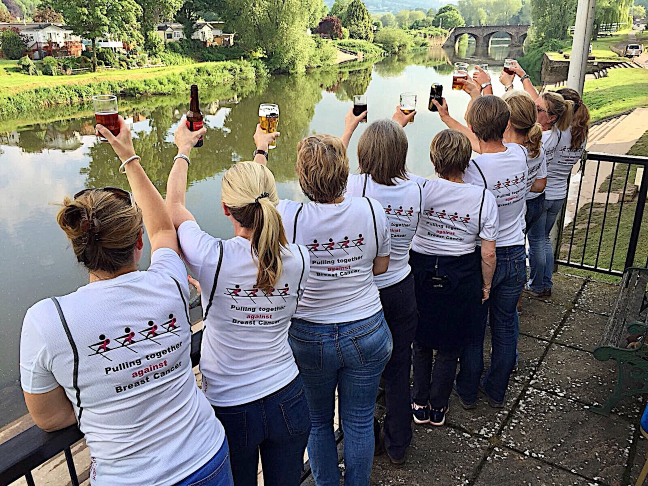
And in the last six months, the brightest days have been the ones when I’ve been able to go for walks with my brilliant shipmates (at first just in pairs, then in sixes and now… hang on, are we meeting in England or in Wales? Was there another announcement this week?).

Even online, seek out rowing friends. Follow people who post footage of boats gliding on glassy water instead of angry strangers ranting about the pandemic. I promise it will help.
We will meet again
And afterwards, when it’s all over and we meet again (and we will, because the Queen said so), we’ll have the biggest, baddest, most raucous party-festival-regatta the world has ever seen, and rejoice that we’re fortunate enough to be part of this amazing sport that got us through the tough times.
Normally these articles are only available to British Rowing members but we’ve opened this to everyone to spotlight World Mental Health Day.
Find out how you can become a British Rowing member here.


